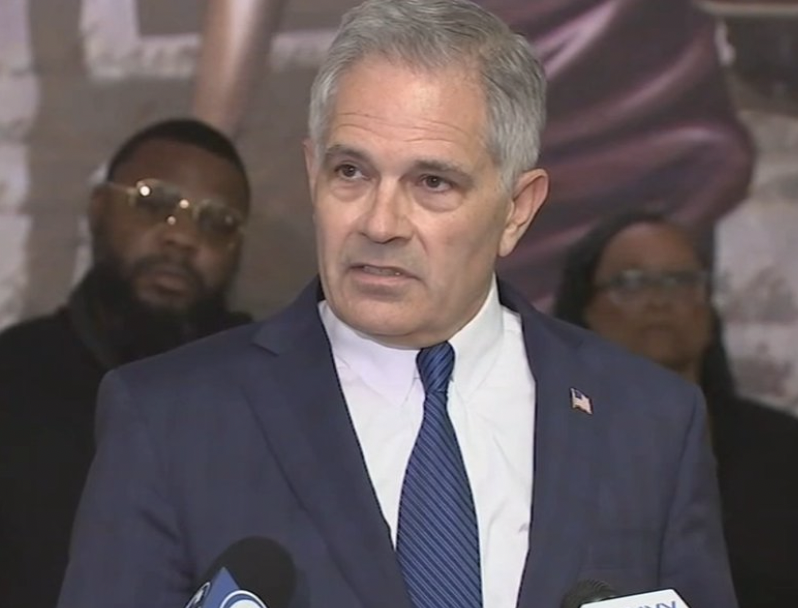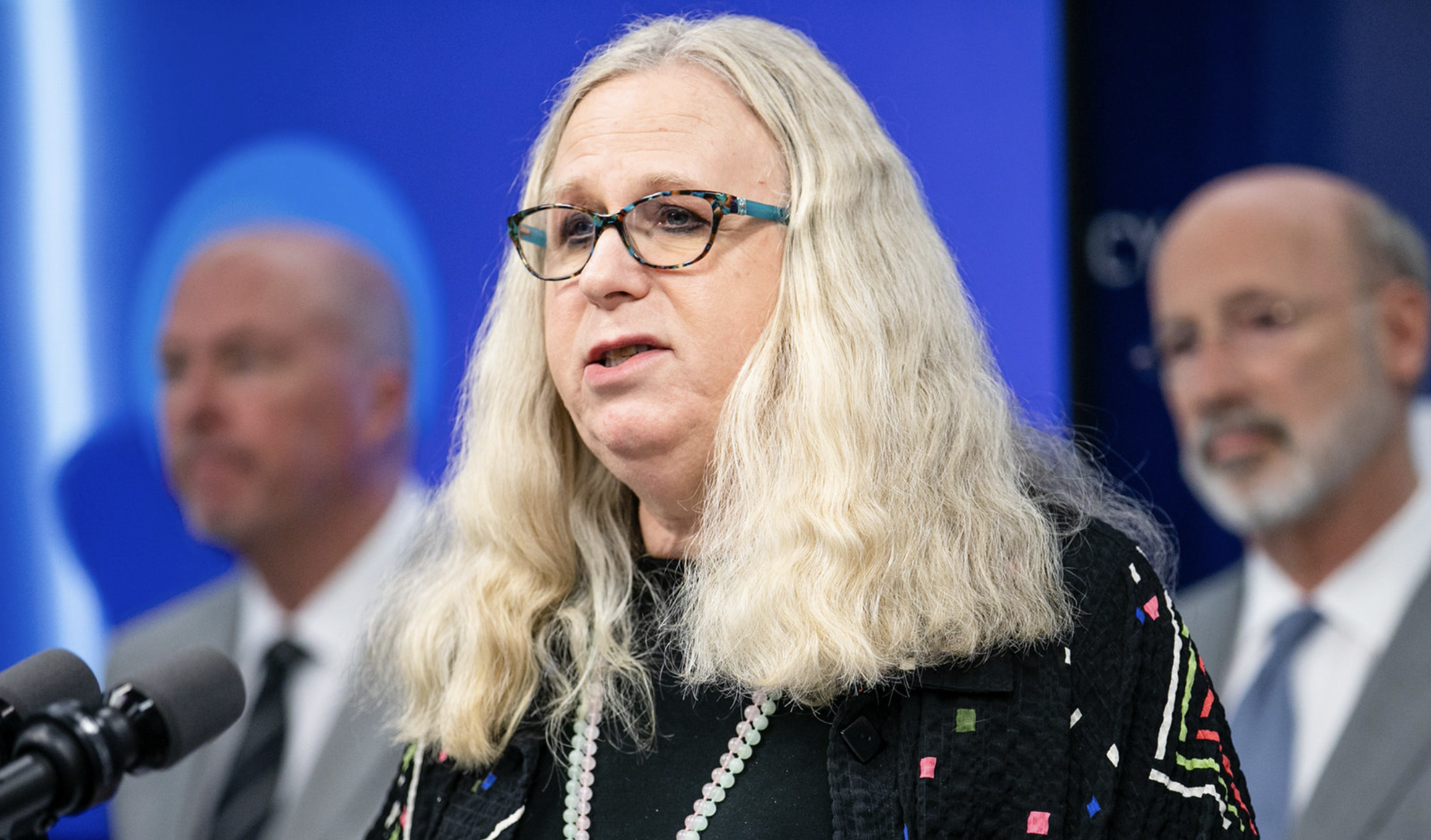An appeals court has upheld an April 2023 lower court ruling finding that Bucks County acted in “bad faith” when it refused to turn over documents to a resident who’d won access in open records cases. The case dates back to the COVID-19 pandemic when Megan Brock, a mother with school-age children, filed right-to-know requests […]










